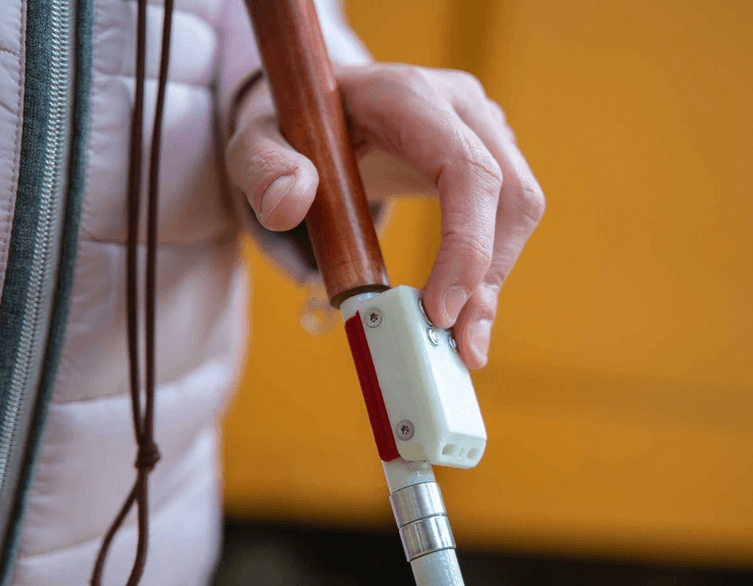Budapest’s New Features in Public Transportation for Easier Traveling for People with Disabilities

On December 3, the Budapest Transport Center (BKK) introduced the “talking trolleybus.” At the event held at Deák Square bus stop in front of City Hall Park, we learned about the speech capabilities of this new addition to public transportation in Budapest. The timing of the presentation was not coincidental, as the United Nations designated December 3 as the International Day of Persons with Disabilities back in 1992. The BKK chose this winter date to highlight its commitment to making public transportation accessible to all.
Commitment to Accessibility
The BKK considers accessibility a priority and has made significant efforts towards equal opportunities and inclusivity over the years. They have added 300 low-floor buses and currently have 48 low-floor trolleybuses in operation. Additionally, they have focused on improving passenger information systems through applications like BudapestGO and audio announcements at stops using external speakers on vehicles. Previously, only certain bus routes had these features, but starting from December 3, the entire trolleybus fleet has been equipped with them. The CEO of BKK, Walter Katalin, emphasized that their work does not stop here and that by the end of next year, all buses will also be able to provide audio information.
Positive Feedback
Bovier György, responsible for equal opportunities and accessibility as a councilor in Budapest, expressed his appreciation for BKK’s efforts in making public transportation more accessible. As someone directly affected by disabilities, he is more critical of the topic. He believes that these improvements will foster collaboration between the disabled community and BKK towards achieving complete accessibility. He plans to negotiate with BKK regarding both vehicle and infrastructure accessibility.
A Step Towards Independence
Ollé-Németh Orsolya, the professional leader of the Hungarian Federation of the Blind and Partially Sighted, praised BKK for offering a service that is essential for people with disabilities. As a visually impaired person, she relies on public transportation as driving or using modern shared mobility services is not a viable alternative. She highlighted the importance of the VIAR remote control device, which has been available for nearly two decades and allows visually impaired individuals to activate audio announcements for various transport systems. The ability to independently activate audio announcements in trolleybuses is significant progress, especially in stations where multiple routes intersect.
Best deals of Budapest
Expansion of Services
The BKK aims to make traveling in Budapest more accessible for visually impaired individuals by implementing technology enhancements across all vehicles. Through a simple button press on their remote control devices, passengers can access a range of features. Thanks to the VIAR technology installed on vehicles, visually impaired individuals can now activate audio announcements regarding specific routes and directions through external speakers. Currently, this service is available on over half of the vehicles in Budapest, but BKK is committed to expanding it to all vehicles in the future. By the end of this year, all trolleybuses will be equipped with this feature, and by the end of 2025, it will be available on all buses.
Prioritizing Accessibility in Budapest
Karácsony Gergely, Mayor of Budapest, emphasized that accessibility is at the core of city policies and a matter of civilization. He believes that unless a city belongs to everyone who lives in it, it truly belongs to no one. The municipality has taken significant steps towards achieving its goals, including making the entire bus fleet accessible and ongoing efforts to ensure accessibility in tram and trolleybus services. Karácsony highlighted that accessibility goes beyond physical barriers and also includes addressing other obstacles that separate residents from one another within Budapest. He recognized BKK’s development as an important contribution to creating the city that Budapest aspires to be.
Conclusion
With the implementation of new technology, traveling on public transportation in Budapest is becoming increasingly accessible for people with disabilities. The BKK’s commitment to improving accessibility demonstrates their dedication to equal opportunities and inclusivity. By expanding audio announcement features to all vehicles, visually impaired individuals can now travel independently and stay informed about routes and directions. These improvements are just one step towards creating a city where everyone can enjoy the benefits of public transportation without barriers.
Image source: BKK
Related news













